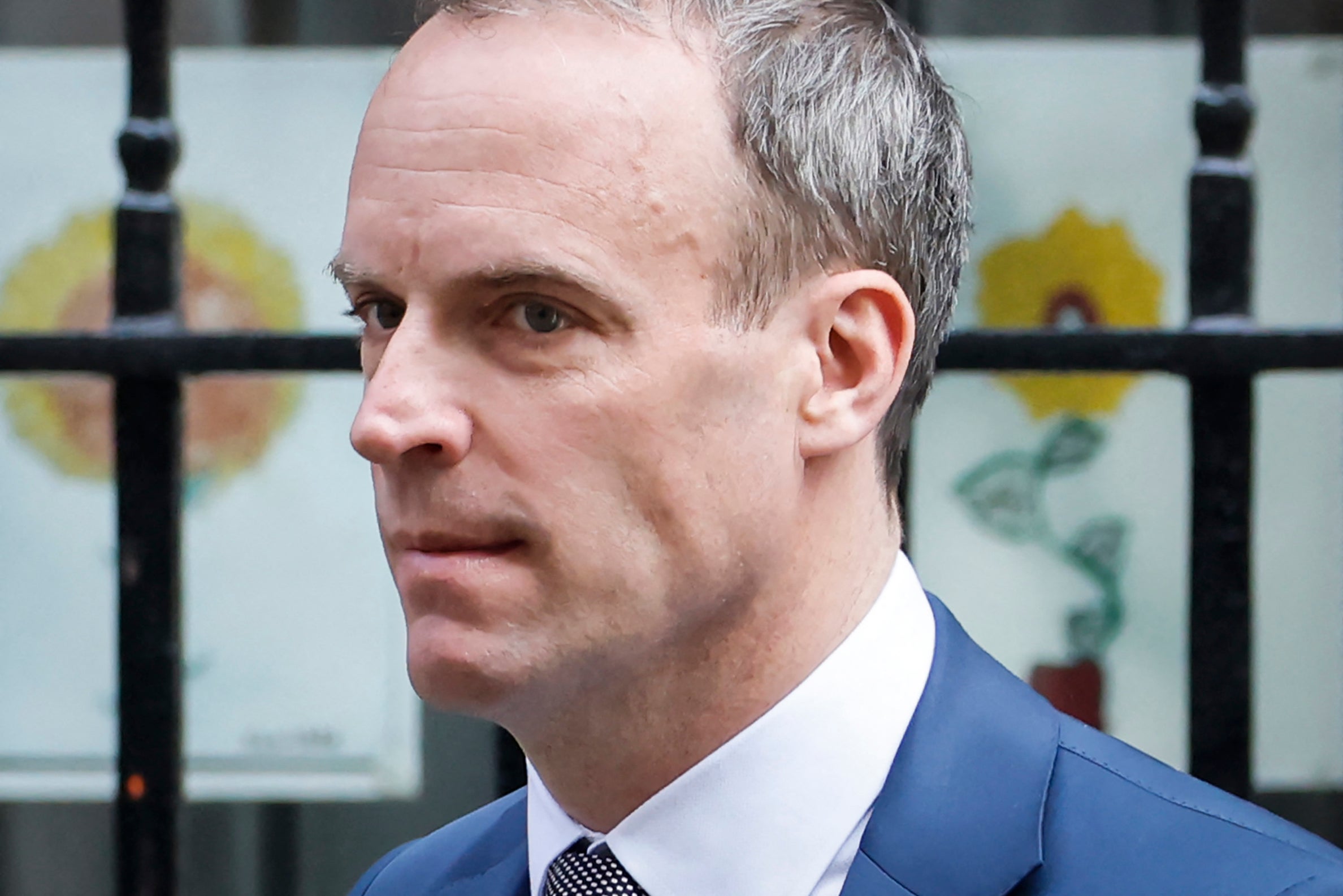If you’re shouting about woke ‘cancel culture’ or ‘free speech’, you’re probably privileged
Freedom of speech is only heralded as a paramount human right by those who aren’t on the receiving end of the kind of sentiment that makes you unsafe


Your support helps us to tell the story
From reproductive rights to climate change to Big Tech, The Independent is on the ground when the story is developing. Whether it's investigating the financials of Elon Musk's pro-Trump PAC or producing our latest documentary, 'The A Word', which shines a light on the American women fighting for reproductive rights, we know how important it is to parse out the facts from the messaging.
At such a critical moment in US history, we need reporters on the ground. Your donation allows us to keep sending journalists to speak to both sides of the story.
The Independent is trusted by Americans across the entire political spectrum. And unlike many other quality news outlets, we choose not to lock Americans out of our reporting and analysis with paywalls. We believe quality journalism should be available to everyone, paid for by those who can afford it.
Your support makes all the difference.We can all breathe a sigh of relief today, because the “war on wokery” has finally been declared. Phew.
Speaking over the weekend, justice secretary Dominic Raab vowed to make free speech a “trump card” – taking legal precedence over other rights. Seemingly, in his mind – and in the minds of a large swathe of the British population – free speech is being “whittled away” in the name of wokery. And now, apparently, is the time (in the midst of a cost-of-living crisis, at the tail end of a pandemic, and on the cusp of World War Three) that something must be done about it.
Sidestepping the irony that “woke” – which originated in African American vernacular – is now being bandied about in the Queen’s English by ex-public school boys with receding hairlines, let’s examine Raab’s notion of wokery, shall we?
When our politicians talk about enacting a war on the term, they are deliberately creating a bogeyman that looks something a little like a hipster in a gentrified east London borough wearing ironic glasses and shouting at people for saying things that were once deemed perfectly acceptable in the 1960s.
This millennial meme-on-legs is a convenient figure for the government’s core voters – and potential ones – to get hot under the collar about, because we are a nation fractured by Brexit, an electorate at loggerheads about the handling of the pandemic and the state of the economy. What better than a scapegoat for everyone to hate instead of the government?
But when I hear our justice secretary talk on national television about political correctness in pejorative terms I am reminded that the protection of my identity comes second to someone’s right to attack it. Quite literally, a “pecking order of rights”, as he puts it – and who is at the bottom but those who are already systematically marginalised?
The thing is, freedom of speech is only heralded as a paramount human right by those who aren’t on the receiving end of the kind of sentiment that makes you unsafe; that sees people like you disproportionately targeted by the state; that makes you question your right to live in the place you call home.
Contrary to what the Conservatives would have us believe, there is no “woke” superpower slamming a hand over your mouth every time you’re about to say something politically incorrect.
Quite the opposite. We have a prime minister who has made horrifically racist comments about black people and publicly called Muslim women like me “letterboxes” (which was directly linked to a rise in islamophobic hate crimes) and yet still remains in the highest office in the land.
We are ruled by an elite class of people who are able to use slurs, invoke offensive stereotypes and even enact discriminatory laws against minorities – yet face no real political consequences whatsoever.
All this talk of “cancel culture” is useful for getting people frothing at the mouth at the supposed curtailing of our sacred personal freedoms, but if the government was genuine about preserving freedom of speech, then they would not be upholding its importance with one hand and taking it away with the other.
As a teacher, I see the reality of this in our schools. New rules outlined at the start of this year ban teachers from “politicising” issues such as the British Empire and the Black Lives Matter movement. Perhaps innocuous on the surface – as teachers, we have always had to be impartial in the classroom – but how do we teach issues such as the mass genocide and invasion of half the world in a balanced way? How do we portray both sides to the humanisation of black people? And why should we have to, if free speech is so supreme?
To keep up to speed with all the latest opinions and comment sign up to our free weekly Voices Dispatches newsletter by clicking here
Not only this, but teachers are now specifically prohibited from covering certain angles in the classroom. Is my freedom of speech to teach my students about Churchill’s racist views, or that anti-capitalism exists as a political stance, not worth protecting? What about that of my students, to question British foreign policy without being potentially signposted to Prevent?
I teach in a diverse London borough, and my students live in a world rife with systemic inequalities and deliberate barriers built into every system they will encounter. And yet, I am prevented by the government from teaching them about concepts such as white supremacy – because what is a reality for many of us is viewed as a “partisan” issue by the government.
If the Conservatives intend “woke” to mean a hypersensitivity that stifles free speech and democratic debate, then who is woke now? Shouldn’t the “war on wokery” apply to their own rules?
The truth is, free speech is the privilege of a few and when the government talks about protecting it, they mean only when it perpetuates a certain narrative. So, who does this rallying war cry to protect free speech actually serve? Because it is the voices of the marginalised and powerless that most need protecting.
Join our commenting forum
Join thought-provoking conversations, follow other Independent readers and see their replies
Comments